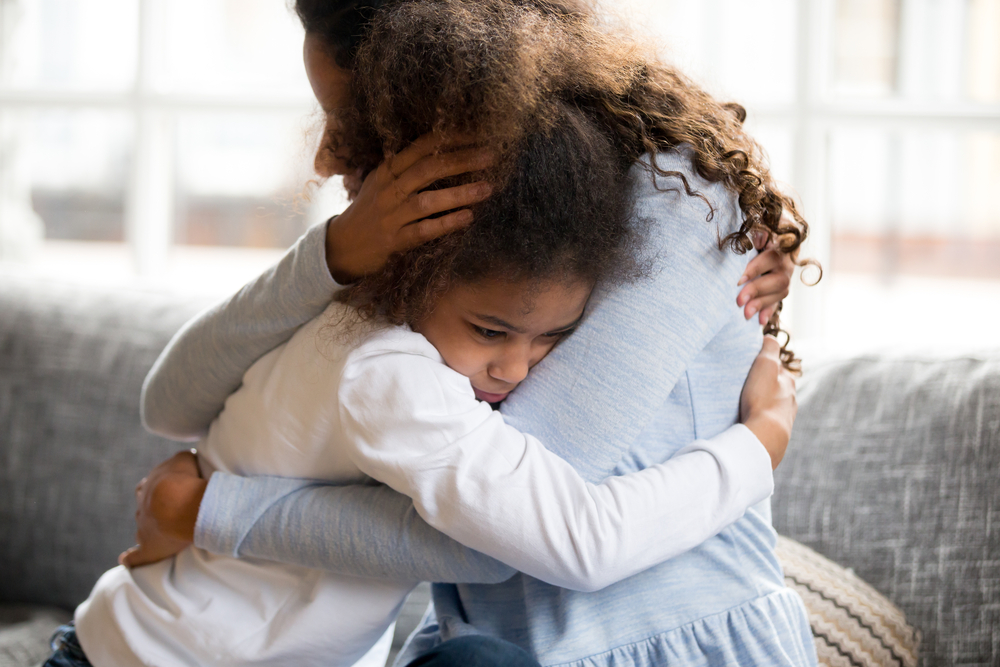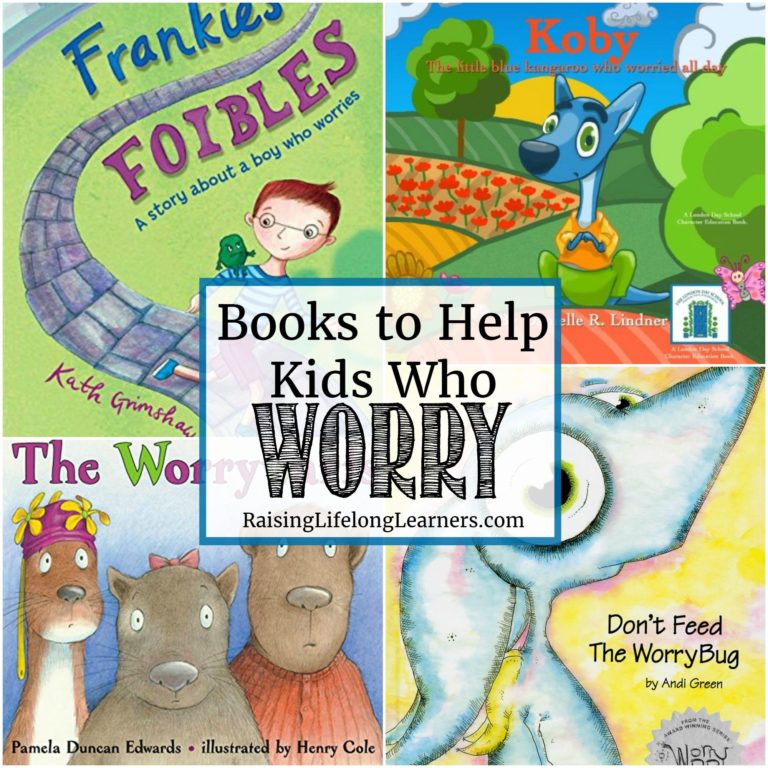Help! My Gifted Child Is Worried All The Time
One of my most salient memories of elementary school is, unfortunately, a dark one.
In the summer before fifth grade, I learned from TV news that a girl who attended my school had been killed, along with the rest of her family, by her mentally ill father. It was sad and horrifying, although I did not know the girl very well and had never met her family. After the initial shock wore off, I was left with a lingering, nagging worry that persisted for almost a year.
Until then, it had never occurred to me that a parent could do something like that. I began to worry that maybe my dad would do the same thing, even though he had never shown any reason whatsoever to believe that could happen. It was a real concern for me off and on throughout my fifth grade year at my gifted magnet school. I know now that my gifted peers may have been harboring similar, ongoing worries and fears.
More than thirty years later, I have two gifted children of my own. Intellectually, my boys are far beyond where I tested as a child. So too, are their worries. Maybe you can identify?
When the six year old begins to worry about war.
When the eight year old is convinced someone will come and take his dog.
When the twelve year old is deeply concerned about world events.
As I have met more and more parents of gifted children, and have learned more about the gifted population, I now know that a gifted brain is often prone to worry. In fact, worry can be a common feature of what it means to be a gifted.
Common sense would suggest that gifted individuals might experience more worry just because of the way their brains work – being able to see more possible problems and more possible outcomes or solutions. – The Davidson Institute
If worry is a part of our children’s intellectual make-up, what, if anything, can we do to help help them with it?
Related: The Gift Of Giftedness
Is It Worry Or Anxiety?
Before I share strategies for helping a worried, gifted child, I want to address a common question associated with our children’s worries.
Is it worry or is this something that should be classified as something more serious, like anxiety?
The line between the two is often blurred in our culture, but the truth is, there are differences between what we would clinically diagnose as anxiety and what is classically worry. Here are some of the general principles that apply in determining if something is worry or anxiety.
Worry tends to be specific.
While anxiety is a general and overall state, worry tends to be specific to a certain concern of circumstance. For example, my son worried off and on for more than a year about losing his dog. It was an incredibly specific concern and not an overall, generalized feeling of anxiety.
Worry is a more temporary state and comes and goes.
When I struggled in fifth grade, I worried about my dad intermittently. It was temporary and did not permeate every interaction with him or persist throughout my days. It was a concern, but one that ebbed and flowed. This is a classic tip to help distinguish the difference between the two.
Worry triggers problem solving.
When my oldest son was very young and worried about war, he began to read books about weaponry and battle plans. He learned as much as he could about different generals in The Revolutionary War, and even talked with me about what we should do to protect ourselves if we ever needed to live in a war torn area.
Worry triggers problem solving measures, especially in gifted children. Anxiety does not, as it tends to paralyze the person experiencing it with an inability to react.
Related: Navigating Social and Emotional Needs Of Gifted Kids
My Gifted Child Is Worried All The Time
Now that we have identified what true worry is, let’s address what we can do to help our struggling children.
Acknowledge the worry.
It is tempting, as a parent, to want to distract our children from their worry, or worse, ignore it and hope it goes away. While we don’t want to add to the worry with an excessive focus, we do need to acknowledge the worry itself and our child’s experience with it. For many kids, the ability to have a safe conversation about the worry is enough to help decrease it. Normalizing the reality that worries will come helps our children feel more comfortable and in control.
Learn about worry.
It can be incredibly useful for gifted children to learn about worry itself and how it is a part of their own existence. This helps them to not only develop coping skills, it also allows them to self-advocate.
For example, when my son and I talked about how his intellect could be an element of his tendency to worry, he was better able to communicate his concerns to me and other trusted adults. It made worry less personal and something he could discuss as freely as his eyes being blue and his hair being blonde. It is simply part of his makeup.
We have compiled a comprehensive list of books to help children learn more about worry and develop confidence along the way. Click on the image below to see all of our favorite choices.
Introduce coping skills and activities.
Because our children tend to be asynchronous in their development, their intellect often exceeds their emotional capabilities. No matter what the worry itself, this asynchrony can create an intensity in our kiddos’ days that can be difficult for them to manage on their own. Perhaps the very best way to help a worried, gifted child is to help them learn how to cope when worry rears its ugly head.
One of the best resources I’ve used for teaching this is Colleen’s Anxiety Tool Kit. The Anxiety Toolkit is the result of years of talking with parents about the ways in which they help their kiddos manage their anxiety, research-based strategies, and her Colleen’s own experience in parenting children with anxiety. She created this card deck as a practical and immediate way to introduce coping activities and techniques into a child’s day. These cards make it easy to talk through various coping strategies with your child, and find the ones that work best for you.
Related: The Anxious Parent Of The Anxious Child – Your Anxiety Is Not Identical
If your gifted child is worried all the time, please know, you are not alone. It is a part of raising children with this type of intensity. The good news is, not only is it common, but there are plenty of options we can use to help.
More support is now available for your child, and for you!
The Learner’s Lab is the community created just for your quirky family. It’s full of creative lessons, problem solving activities, critical and divergent thinking games, and the social-emotional support differently-wired children and teens need most.
All from the comfort of your own home.
This community was created to support children with intensities, like worry. We address topics just like this all year long, in a way that is educational and fun for children. They learn skills to help them copy and you learn how to help them along the way.
We invite you to join us. Get all the details HERE.







